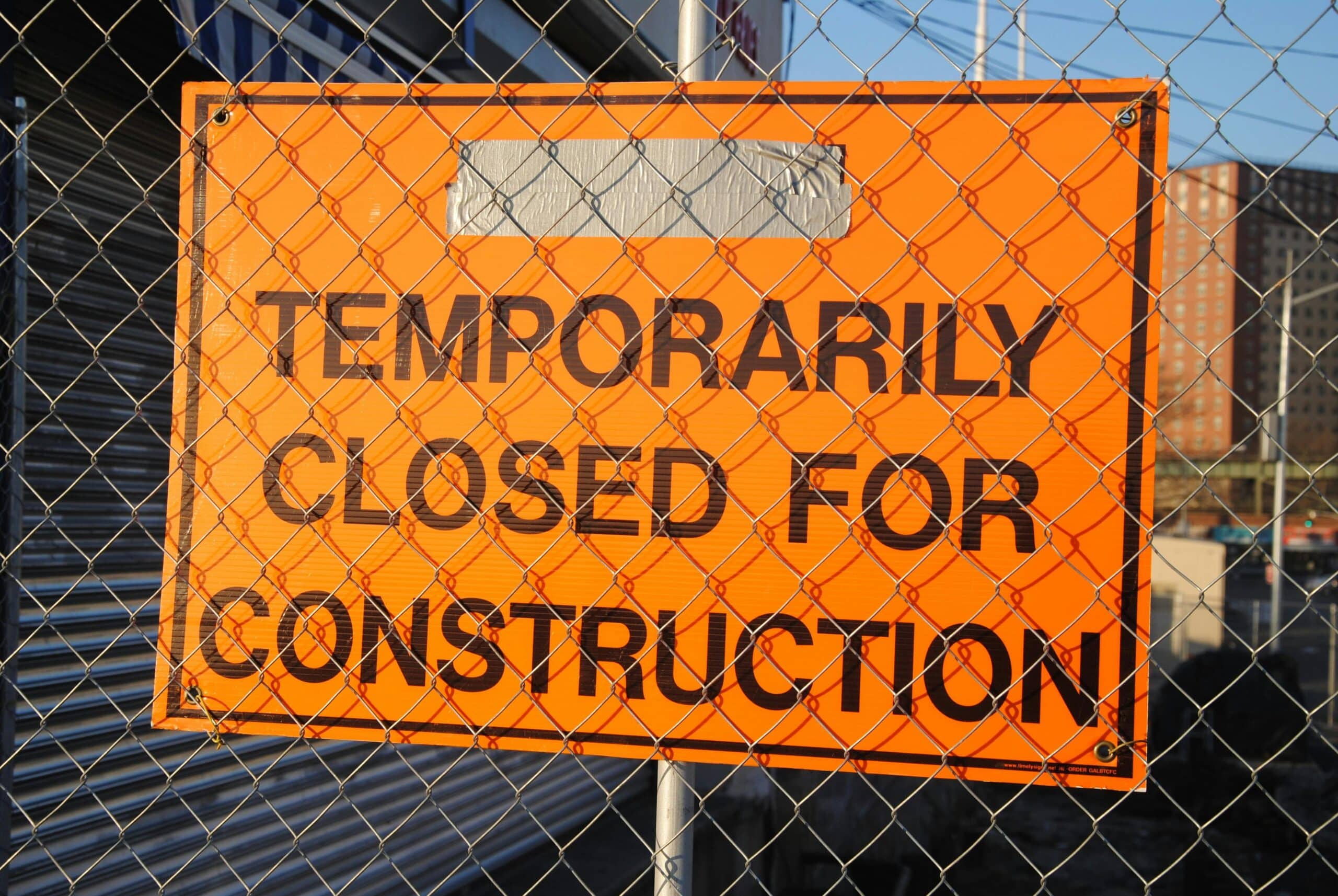
East Africa, Commit To Greater Transparency In How Public-Private Partnership Contracts Are Awarded.
The Role Of Public Private Partnership In Development
The recent public outcry and protests in Kenya over the Jomo Kenyatta International Airport lease deal awarded to Adani company is a testament of the need for transparency and public participation in private public partnership deals.
Public-private partnerships have emerged as a vital mechanism for financing infrastructure and development projects across East Africa. These collaborations between government entities and private sector players have facilitated the execution of large-scale projects, including roads, energy, water supply, and healthcare infrastructure. Projects such as the Nairobi Expressway in Kenya, the Julius Nyerere Hydropower Plant in Tanzania, and Rwanda’s Bugesera International Airport exemplify how governments and private entities can collaborate to deliver critical infrastructure.
However, as the region increasingly adopts this model, it is crucial to recognize that it carries inherent risks, especially when there is a lack of accountability and transparency. Without addressing these risks, the potential of public private partnerships could be undermined by corruption, inefficiency and public mistrust.
The Transparency Gap In Contracting
One of the most pressing concerns in the public private partnership landscape is the lack of transparency during the contracting process. More often, public private partnership contracts are awarded through opaque processes, with limited public disclosure or scrutiny. This creates fertile ground for corruption, with projects awarded to companies based on political connections rather than merit. The result is inflated project costs, delays, and underperformance, all of which erode public confidence in both the government and the private sector.
To address this, governments must commit to greater transparency in how public private partnership contracts are awarded. Competitive bidding processes should be mandatory, and all contract details; including terms of financing, risk-sharing, and performance expectations; must be made available to the public. Governments can also use digital platforms to publish project documents, allowing civil society and media to independently monitor agreements and hold both public officials and private contractors accountable.
Balancing Public and Private Interest
At the heart of many public private partnerships lies a delicate balance between public and private interests. While private entities seek profits, governments must ensure that projects serve the public good, providing accessible, affordable, and sustainable services to citizens. Unfortunately, this balance is not always achieved, and in some cases, public private partnerships have led to the privatization of essential public services at the expense of affordability and accessibility.
“A recurring challenge in East Africa’s public private partnership ecosystem is the lack of institutional capacity to effectively manage and oversee these complex arrangements.”
One of the major risks in public private partnerships is that governments may sign contracts that disproportionately benefit private partners while placing an undue burden on taxpayers. This can happen when financial obligations are hidden in complex agreements, or when the long-term costs of a project are not fully assessed. In some cases, governments may find themselves locked into unfavorable contracts, with limited recourse to renegotiate.

To prevent this, governments must ensure that public private partnership contracts are fair and that they include clear provisions for sharing risks and rewards. Public resources should not be jeopardized by private sector failures, and contracts should have built-in mechanisms for renegotiation if project conditions change or private partners fail to deliver.
Strengthening Institutional Capacity
A recurring challenge in East Africa’s public private partnership ecosystem is the lack of institutional capacity to effectively manage and oversee these complex arrangements. Government agencies tasked with regulating public private partnerships often lack the technical expertise to negotiate contracts on equal footing with private sector counterparts. This imbalance can lead to poorly structured deals, where governments are at a disadvantage.
Building institutional capacity must therefore be a priority for East African Community governments. By investing in training programs and establishing dedicated public private partnership units with skilled professionals, governments can ensure that they have the expertise to negotiate, monitor, and manage public private partnership contracts effectively. Development partners and international financial institutions can play a vital role in providing technical assistance and capacity-building initiatives.
Engaging the Public For Accountability
One of the greatest challenges facing public private partnerships is the lack of public engagement and awareness. Many citizens are unaware of the financial implications of public private partnership projects, even though these projects often involve the use of public resources or lead to increased service fees. When projects fail to meet public expectations or result in price hikes, frustration and opposition can arise, jeopardizing the success of future public private partnership initiatives.
To foster public trust, governments must engage citizens from the outset, ensuring that they understand the objectives, benefits, and costs of public private partnership projects. Public consultations should be held for major projects, particularly those that impact large communities or involve essential services. Involving the public in decision-making not only improves accountability but also ensures that projects align with the needs and priorities of the population.
Civil society organizations can also play a critical role in advocating for transparency and monitoring the implementation of public private partnership projects. Their involvement adds an additional layer of oversight and ensures that projects remain focused on the public interest.
Commitment to Transparency And Accountability
Public-Private Partnerships hold immense potential for driving development, but their success hinges on robust transparency and accountability mechanisms. By ensuring that contracts are awarded through fair and transparent processes, managing financial risks responsibly, strengthening institutional capacity, and engaging the public, governments can mitigate the inherent risks of public private partnerships and maximize their benefits. A commitment to transparency and accountability is not just desirable; it is essential for the sustainable development of the region.
These are the writer’s own opinions and do not necessarily reflect the viewpoints of Liberty Sparks. Do you want to publish in this space? Contact our editors at [email protected] for further clarification.



